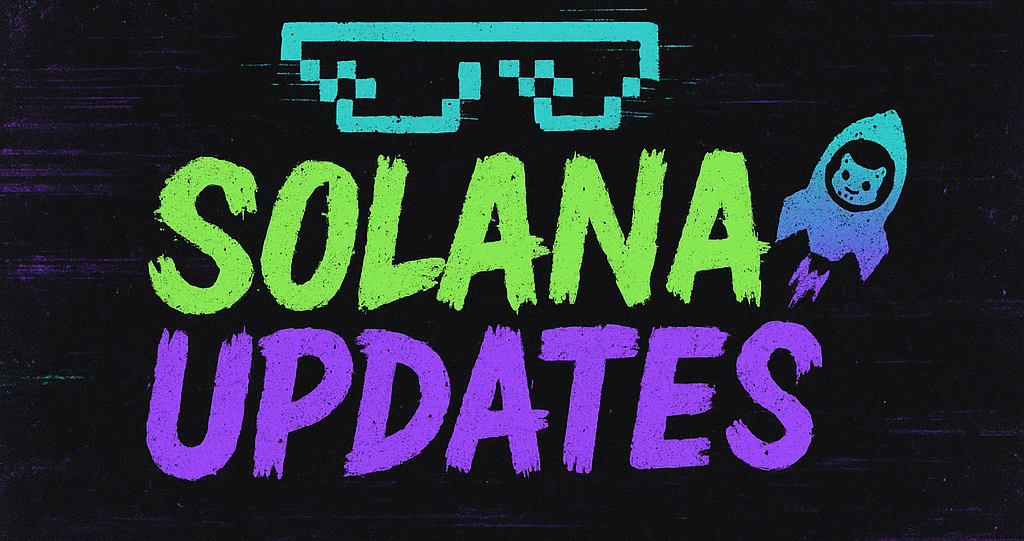The cryptocurrency landscape is undergoing a transformative phase as institutional investors increasingly turn their attention towards Bitcoin-based yield opportunities and decentralized finance (DeFi) capabilities. Projects like Rootstock and Babylon are at the forefront of this shift, enticing institutions with innovative yield-generating mechanisms and restaking functionalities.
As the crypto market matures, institutions that hold significant Bitcoin reserves are no longer content with simply holding their assets. The search for yield has become paramount, especially in a macroeconomic environment characterized by low interest rates and volatile traditional markets. This has led to a burgeoning interest in the DeFi sector, where platforms offer lucrative returns compared to conventional financial products.
Rootstock and Babylon: Pioneers in Institutional DeFi
Rootstock, a smart contract platform that leverages Bitcoin’s security, is one such project that is drawing attention. By enabling Bitcoin to operate in a manner similar to Ethereum’s smart contracts, Rootstock offers a pathway for institutions to engage in yield farming and liquidity provision without converting their holdings to other cryptocurrencies. This appeals to risk-averse investors who wish to maintain their Bitcoin exposure while exploring DeFi’s profit potential.
On the other hand, Babylon focuses on providing restaking services, a novel concept that allows Bitcoin holders to stake their assets in various DeFi protocols, earning additional yields. This process not only enhances the potential returns on Bitcoin holdings but also contributes to the security and efficiency of the DeFi ecosystem. Babylon’s platform thus represents a significant evolution in how Bitcoin can be utilized beyond its traditional store of value role.
The Rise of Bitcoin Yield Strategies
The increasing interest from institutions in Bitcoin-based yield strategies is indicative of a broader trend within the crypto industry. As these entities seek to maximize returns on their digital assets, DeFi offers a compelling alternative to the stagnant returns of traditional finance. Yield farming, liquidity mining, and staking are just a few of the strategies being employed to generate income from Bitcoin holdings.
Furthermore, the development of regulatory frameworks surrounding digital assets is providing institutions with the confidence needed to explore these innovative financial products. As clarity improves, the risk associated with participating in DeFi diminishes, making it an attractive avenue for institutional capital.
Challenges and Considerations
Despite the promising opportunities, institutions face several challenges when navigating the DeFi landscape. Security remains a top concern, as the decentralized nature of these platforms can expose users to risks such as smart contract vulnerabilities and hacking incidents. Additionally, the nascent state of DeFi means that market dynamics can be unpredictable, requiring sophisticated risk management strategies.
Nonetheless, the potential rewards are significant enough to warrant continued exploration. As DeFi technology evolves and matures, it’s likely that we’ll see an increasing number of institutional players incorporating Bitcoin yield strategies into their investment portfolios.
In conclusion, the intersection of Bitcoin and DeFi is creating a rich tapestry of opportunities for institutional investors. Projects like Rootstock and Babylon are pioneering this space, offering mechanisms to enhance yields on Bitcoin holdings while maintaining exposure to the premier digital asset. As the sector continues to mature, institutional participation is expected to grow, further legitimizing and stabilizing the cryptocurrency market.
🛒 Recommended Product: Check out top-rated crypto gear on Amazon


